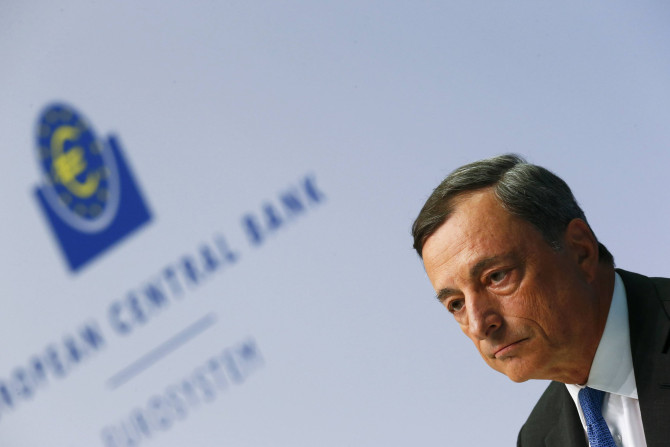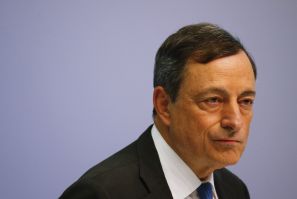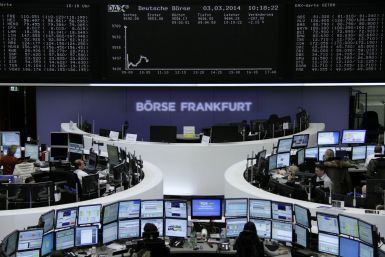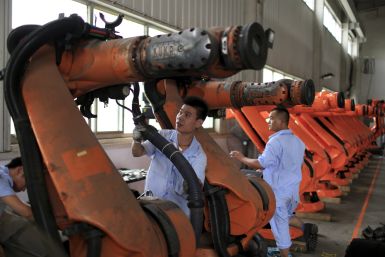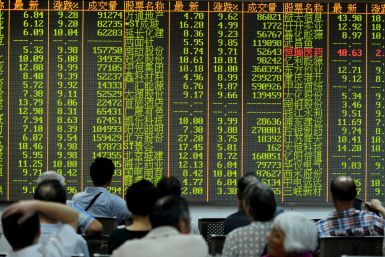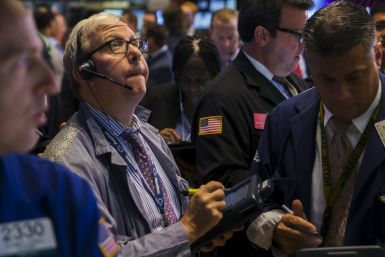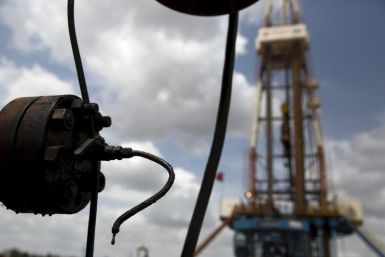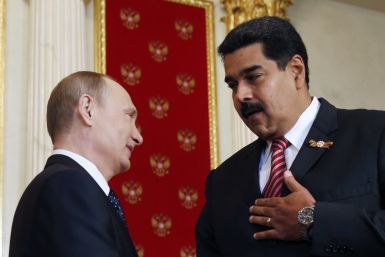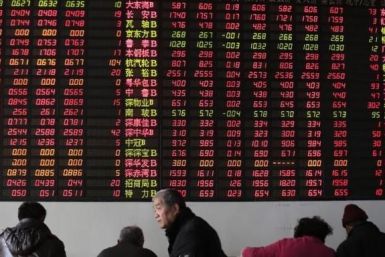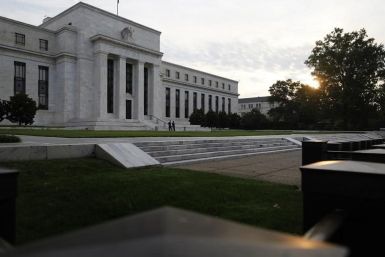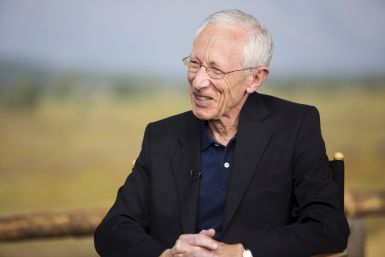Weaker demand for some U.S. products is due, in part, to China's economic woes, some Federal Reserve districts say.
The jump was especially pronounced for borrowers looking to buy expensive houses.
U.S. stocks rebounded Wednesday, a day after Wall Street recorded its worst start to September in 13 years.
China's plan to raise $15 billion for a market stabilization fund failed to reassure investors, amid concerns about growth in China and the U.S.
Stock exchanges across Europe opened higher Wednesday but were unable to hold on to gains, even as Asian markets coped with volatility.
Falls on global markets continue to affect investor sentiment in Asia, though Chinese shares rebounded by late morning.
"It's all consistent with a global economy which clearly is struggling to make any significant headway," Commerzbank economist Peter Dixon said.
Billionaire hedge fund mogul David Einhorn said his firm, Greenlight Capital, lost more than 5 percent in August.
A total of 50 brokerage houses are said to be planning to pump 100 billion yuan into the government-backed margin finance agency.
The Dow dropped nearly 500 points and the New York Stock Exchange invoked Rule 48 for the fourth time in two weeks Tuesday to preempt panic selling.
Global stocks tumbled Tuesday after China offered fresh evidence of a sharper-than-expected economic slowdown.
Within the economic bloc, however, wide disparities persist with Germany showing an unemployment rate of 4.7 percent while Greece reported one in four people without a job.
The country's benchmark index fell nearly 700 points, or 2.5 percent, Tuesday after first-quarter growth slowed to 7 percent.
The RBA's decision came as the Australian dollar continues to hover around its weakest level in over six years.
Official figures on China’s manufacturing output have confirmed the continuing slowdown in the nation’s economic growth, prompting further falls on Asian stock markets.
In the biggest three-day rally since 1990, U.S. oil prices extended their gains Monday after data revealed crude output was lower than previously expected.
"Today's continuing pressure on prices ... remains a cause for concern for OPEC and its members -- indeed for all stakeholders in the industry," OPEC said in its most recent bulletin.
The Dow dropped more than 100 points Monday, making August one of its worst months in years.
India's GDP rose 7 percent in the April-June period, making it one of the fastest growing major economies in the world. However, it fell short of economists' expectations.
The U.S. economy, now in its weakest post-recession recovery ever, appears vulnerable to some analysts.
While markets in Tokyo also fell amid concerns about China's economy, the Shenzhen market saw its worst month in seven years.
Prospects of an interest rate hike by the U.S. Federal Reserve in September has made world markets jittery.
TV reports showed a journalist 'confessing' to causing stock market volatility. A regulatory official was accused of taking bribes and insider trading.
Concerns about an interest rate hike by the U.S. Federal Reserve led Asian markets to open the week lower, with sharp falls in China.
The U.S. Federal Reserve may not let volatility in Chinese markets put off a rate hike, the Wall Street Journal reported.
Investors also brace for economic data coming from China on Tuesday.
Chinese Premier Li Keqiang argues that market-stabilization measures taken by the country's government have been effective.
The Fed's second-in-command said in a speech at the Jackson Hole Symposium that central bankers are more interested in where the U.S. economy is going than where it's been.
The Hurricane Katrina-ravaged city will "rise again," the ex-president promised in 2006, but it still suffers from high unemployment and racial disparities.
China's sell-off wasn't "so radical" that the Fed should delay its plans, St. Louis Fed President James Bullard said.


